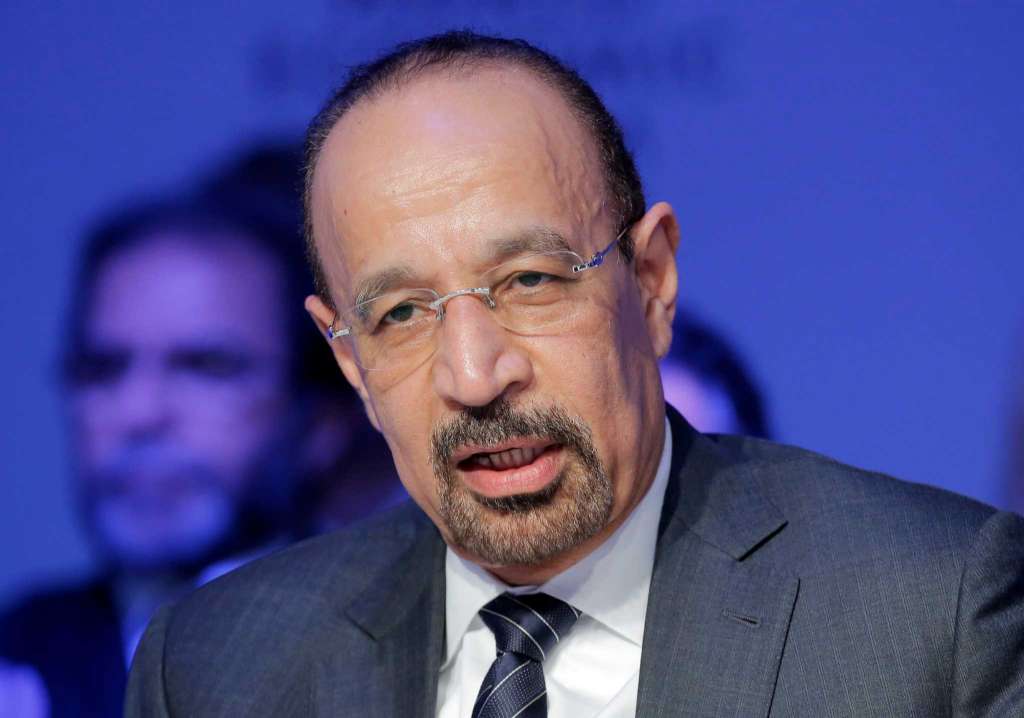Davos – “Saudi Arabia is the greatest story never told and I think we’ve got to tell it.” With these words, Chief Executive Officer of Dow Chemical Andrew N. Liveris described Saudi Vision 2030 during a panel on the Kingdom’s reform plans on Thursday at the World Economic Forum in Davos.
The panel discussed Saudi Arabia’s goals to shift its economy away from the oil-based industry, towards a more sustainable future that relies on renewable energy.
The session was hosted by Managing Director at World Economic Forum Philipp Rösler and featured a discussion between Saudi Arabia’s ministers of energy, finance and commerce along with Chief Executive Officer of BlackRock’s Laurence D. Fink and Liveris.
The panel discussed economic, financial and energy reforms approved by Saudi Arabia within its aim to diversify its economic resources.
The three ministers also presented investment opportunities available for foreign companies and investors in the sectors of infrastructure, education, and energy, as well as other fields.
“Investments and privatization of sectors will be key into achieving all of our vision. Two key parts toward that are our young population, who are ready to turn into a workforce to be reckoned with, along with encouraging our women and investing in them as they increasingly join the workforce,” Saudi Energy Minister Khaled Al-Falih told the attendees.
He noted that Saudi Arabia was the largest economy in the Middle East, with a GDP exceeding SAR1.6 trillion.
“We also have a stable currency and a strong infrastructure despite some gaps,” the minister said.
“We’re working on making Saudi Arabia a nicer and softer place to live and we’re working on it. Tolerance is key to achieving that,” he added.
Saudi Finance Minister Mohammed Al-Jadaan said Saudi Arabia was committed to be more accountable and transparent in its dealings within its plans to diversify its economic sectors.
He explained that financial reforms within Vision 2030 could be divided into four categories, which include focusing on non-oil revenues, raising performance management, reforming the aid sector by redirecting subsidies to the most needy, and supporting the contribution of the private sector to the GDP.
Dow Chemical’s CEO Liveris confirmed to the audience that in all of his 15 years visiting Saudi Arabia, transparency was not an issue.
“I can confirm that Saudi Arabia’s has full transparency, as much as compared with our experience in the United States. This is especially apparent when we have multi-billion dollar dealings with the country,” Liveris said.
